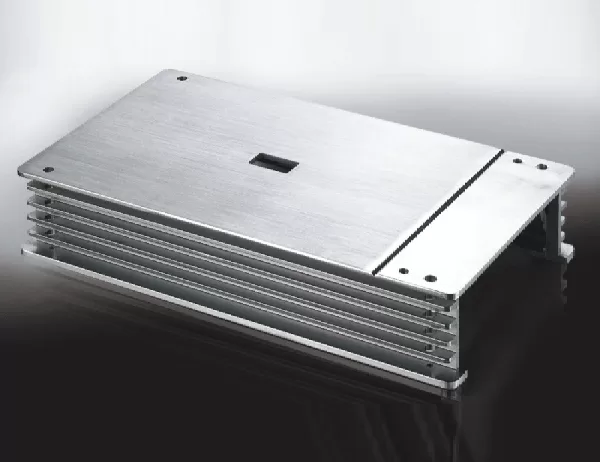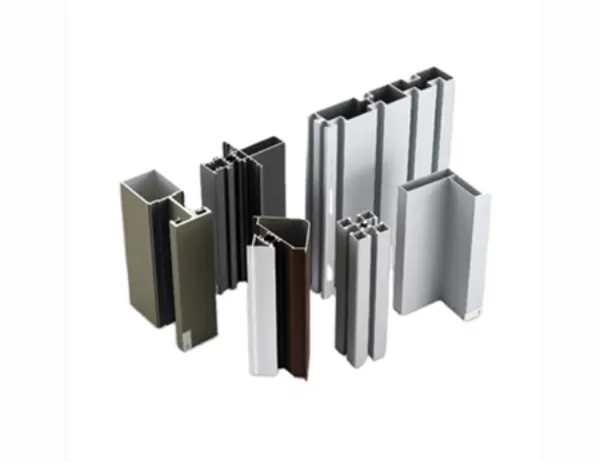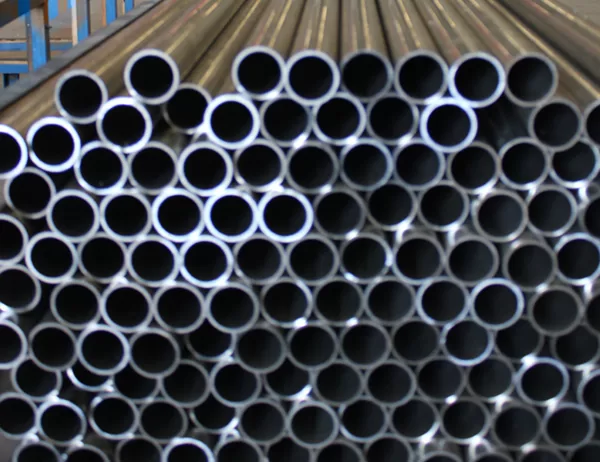Extruded aluminum pipes are widely used in various industries, including construction, automotive, and aerospace. To ensure the optimal performance of these pipes, it is crucial to select high-quality products that meet specific requirements. This article outlines the key features to consider when evaluating extruded aluminum pipes.
Dimensional Accuracy
High-quality extruded aluminum pipes are characterized by precise dimensional accuracy. The outer diameter, inner diameter, wall thickness, and length should conform to the specified tolerances to ensure proper fit and function in applications. Accurate dimensions minimize the need for additional machining or adjustments, reducing production time and costs.
Surface Quality
The surface quality of extruded aluminum pipes is paramount for aesthetic appeal and corrosion resistance. A smooth, blemish-free surface indicates a high-quality product. Surface defects, such as scratches, dents, or burrs, can compromise the pipe’s appearance, impair its durability, and create potential stress points.
Structural Integrity
Extruded aluminum pipes must possess adequate structural integrity to withstand the intended loads and stresses. The pipe’s wall thickness, alloy composition, and heat treatment influence its strength and durability. High-quality pipes exhibit excellent resistance to bending, twisting, and deformation, ensuring long-term reliability.
Corrosion Resistance
Extruded aluminum pipes are inherently corrosion-resistant due to the formation of a protective oxide layer on the metal surface. However, the quality of the aluminum alloy and the surface treatment can further enhance corrosion resistance. Look for pipes with a high aluminum content and additional coatings, such as anodizing or powder coating, to maximize durability in corrosive environments.
Alloy Properties
The alloy composition of extruded aluminum pipes influences their mechanical properties, such as strength, hardness, and ductility. Different alloys are suitable for specific applications. For example, 6061 aluminum alloy offers a good balance of strength and corrosion resistance, making it ideal for structural applications.
Weldability
For applications requiring welded connections, the weldability of extruded aluminum pipes is an important consideration. High-quality pipes exhibit good weldability, allowing for strong and reliable welds without the risk of cracking or distortion. Look for pipes with a compatible alloy composition and a smooth surface that facilitates welding.
Compliance with Standards
To ensure quality and safety, reputable manufacturers adhere to industry standards. Look for extruded aluminum pipes that comply with relevant standards, such as ASTM B221 or EN 755-2, which specify the requirements for dimensions, mechanical properties, and testing procedures. Compliance with standards guarantees the reliability and consistency of the products.
Reputation of the Manufacturer
The reputation of the manufacturer plays a vital role in determining the quality of extruded aluminum pipes. Choose manufacturers with a proven track record of producing high-quality products. They invest in advanced technology, skilled workforce, and rigorous quality control processes to ensure customer satisfaction.
Conclusion
Extruded aluminum pipes are essential components in various industries. By considering the key features discussed in this article, you can select high-quality pipes that meet the specific requirements of your application. Look for products that offer dimensional accuracy, surface quality, structural integrity, corrosion resistance, suitable alloy properties, weldability, compliance with standards, and are backed by a reputable manufacturer. By choosing high-quality extruded aluminum pipes, you can ensure optimal performance, durability, and value over the long term.




